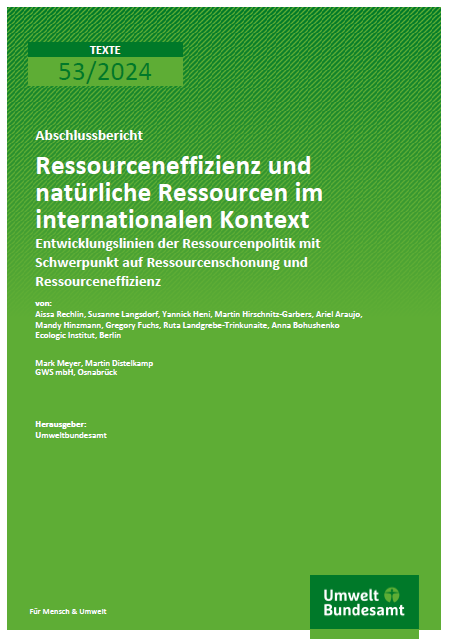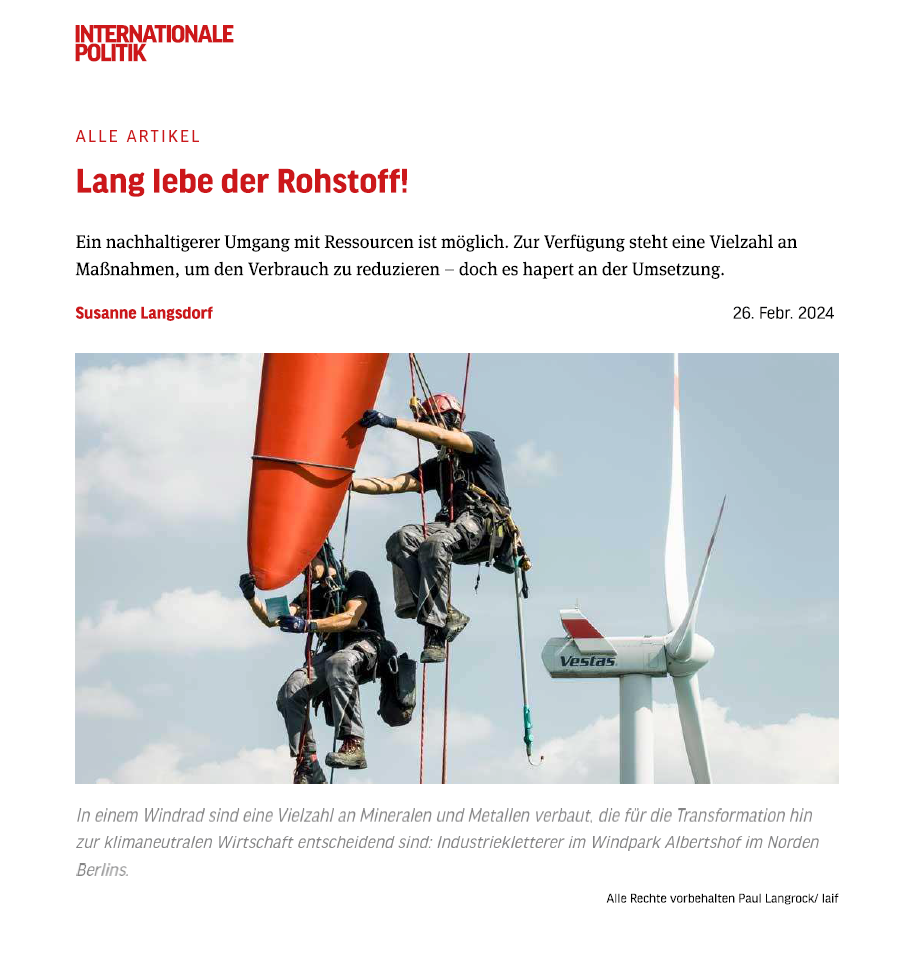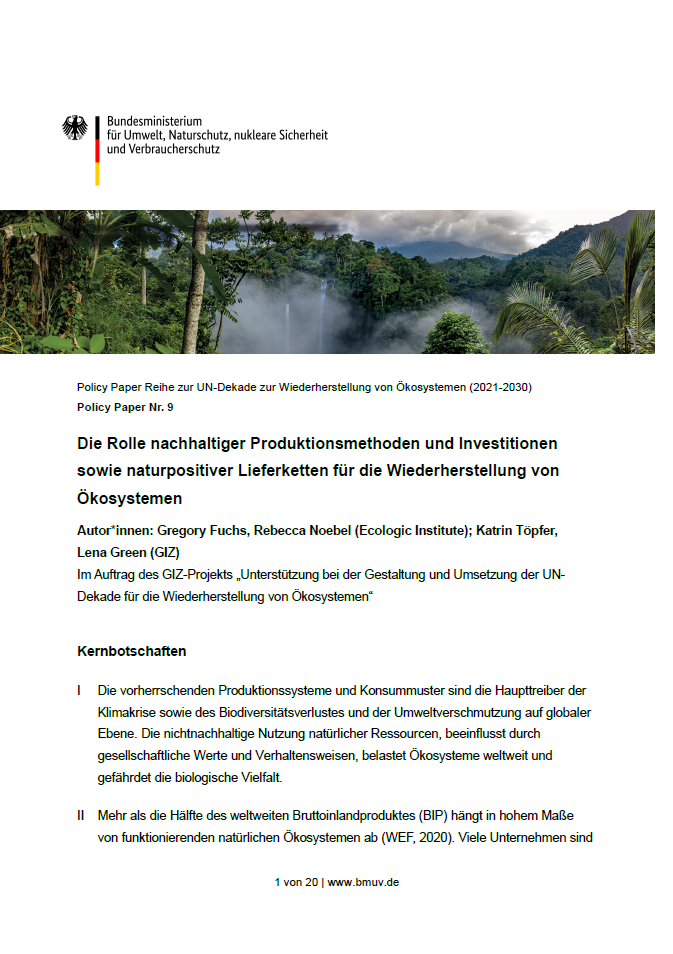Circular economy policies are gaining traction on the political agenda to reduce resource use and prevent waste. Various strategies and instruments, such as the EU New Circular Economy Action Plan or the Global Methane Pledge, aim to promote a circular economy at European and international level and reduce greenhouse gas emissions in the waste sector.
Emissions from the waste sector: from the NIR to the circular economy
According to the National Inventory Report (NIR), the annual assessment of greenhouse gas emissions, the waste sector emits approximately 110 million tonnes CO2 eq. per year (reporting 2021) in the EU. However, calculations vary depending on the perspective used to analyse waste emissions. For instance, national inventories and life-cycle analysis of municipal waste management allocate various types of emissions to different sectors, leading to a more or less favourable perception of the impact of waste management on climate.
A more holistic circular economy (CE) perspective would result in a different analysis yet. CE considers the entire product life cycle, including strategies targeting the beginning of the value chain, such as ecodesign considerations, and the fulfilment of human needs through innovative solutions, e.g. by providing a climate-light service rather than a product. However, CE poses a challenge to the reporting logic, as it is difficult to attribute emission reductions and quantify impacts.
The waste sector within broader climate and energy policies
To further complicate matters, waste and CE policies are not isolated from a larger set of activities aimed to achieve carbon neutrality by mid-century. In addition to climate action, the waste sector is also affected by policies concerning energy and heat supply, raw materials, and industrial decarbonisation. However, measures, instruments, and programmes for the climate-effective expansion of a sustainable circular economy have different effects in different member states. Overall, this results in a highly complex picture in which different sectors interact with each other, different framework conditions prevail, and different levels of actors and governance intertwine.
Methods and objectives
This project will help identify cross-sectoral (climate action) policies, instruments, and programmes that contribute to a carbon-neutral circular economy in the EU. It aims to identify options to optimise the policy interplay in different regions in order to support the achievement of the European climate action targets and to accelerate ambition increases in this decade and the next. With technical support of Argus GmbH, Ecologic Institute will therefore:
- Evaluate and compare the main objectives and impacts of EU strategies, legislation, and funding programmes aimed at climate protection regarding their effect on the waste sector and circular economy;
- Identify areas of interest for in-depth consideration and develop recommendations tailored to regional circumstances, outlining how climate action targets can be met and their level of ambition increased through the implementation of circular economy approaches;
- Present the results in an extensive report and a concise policy brief, and discuss them with stakeholders and policymakers in a hybrid event in Brussels in 2025.





